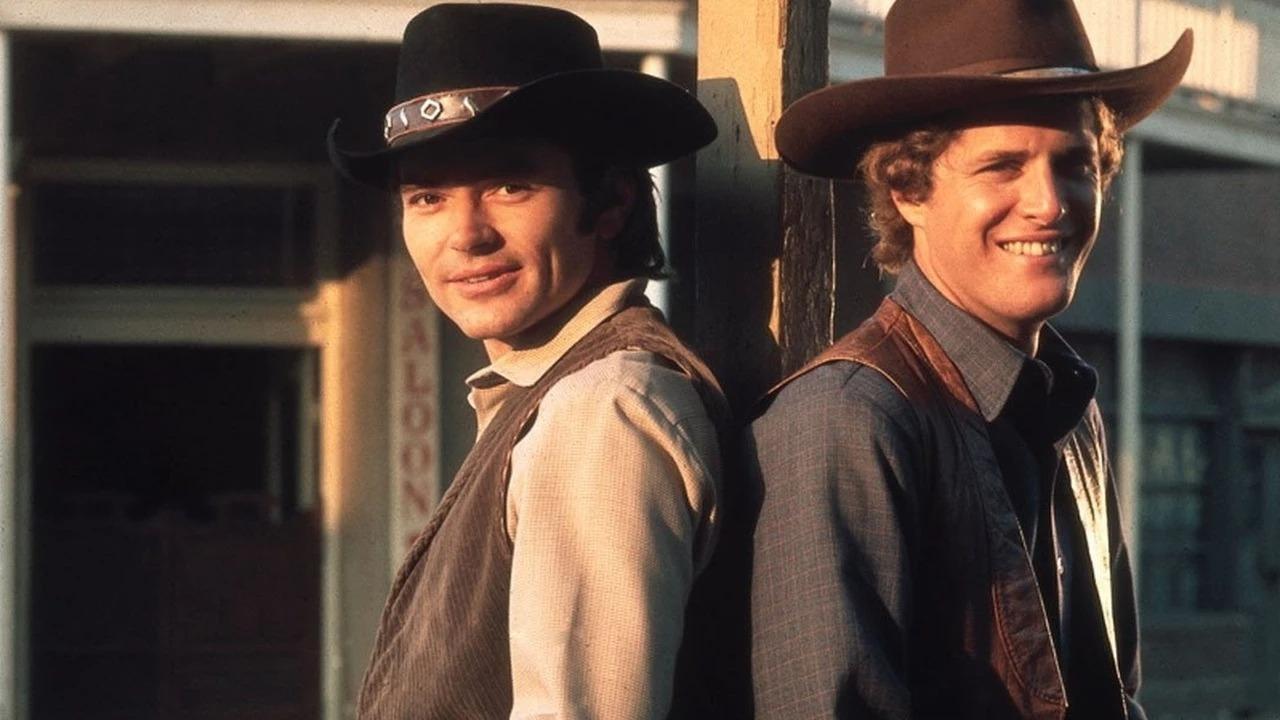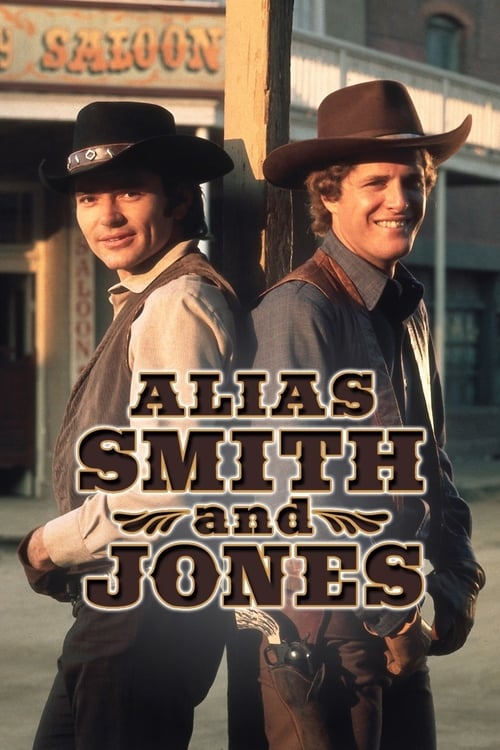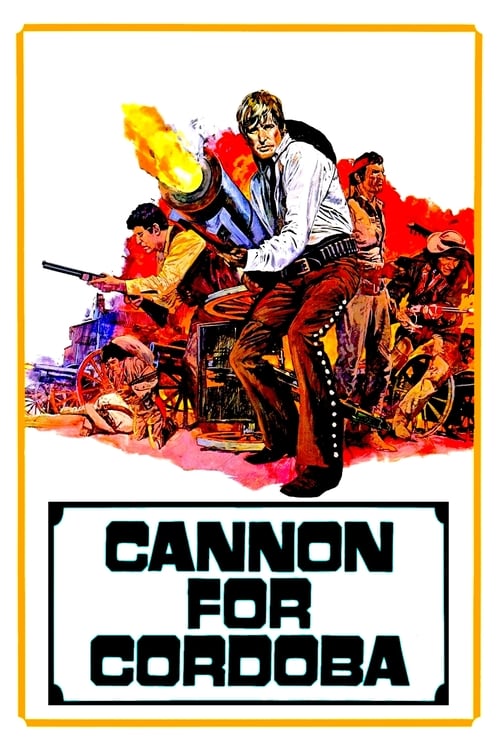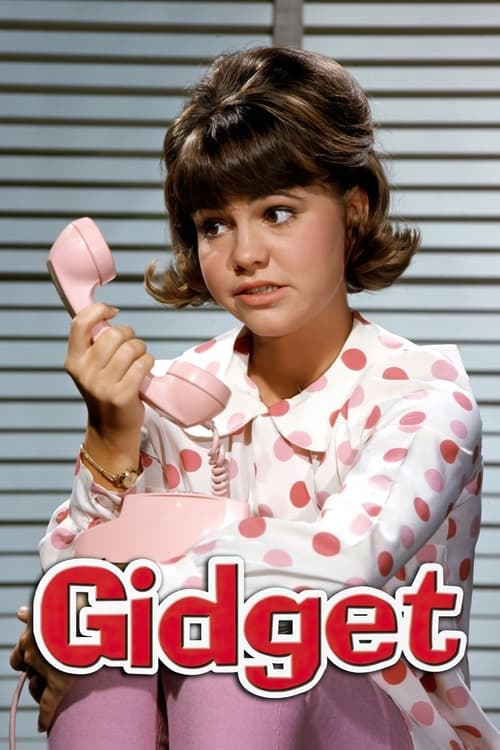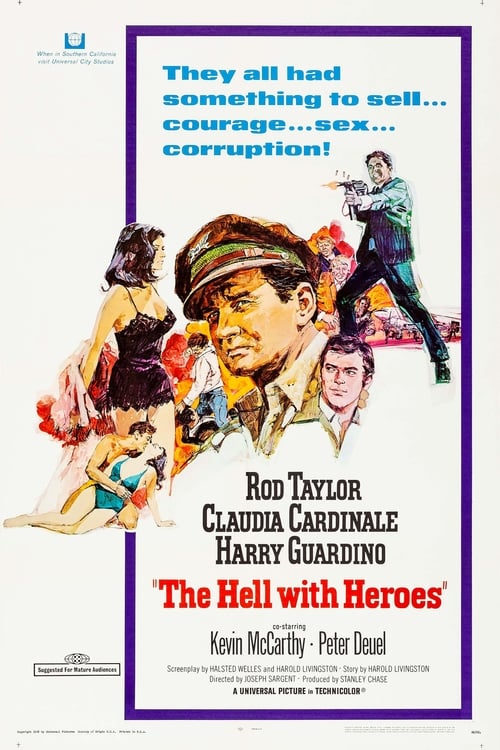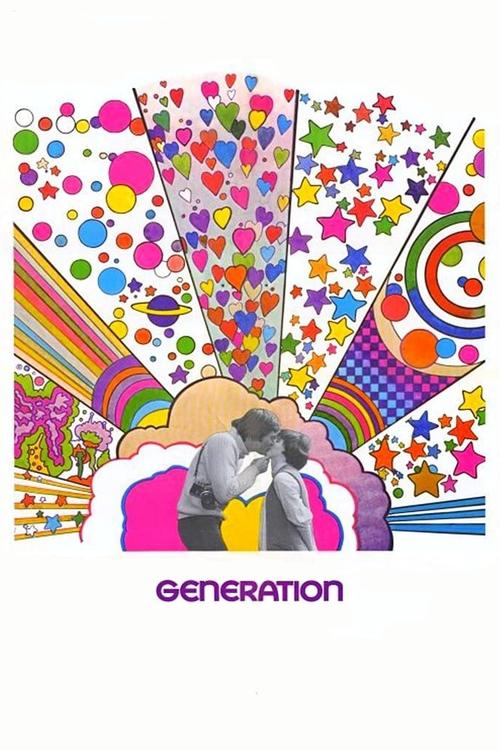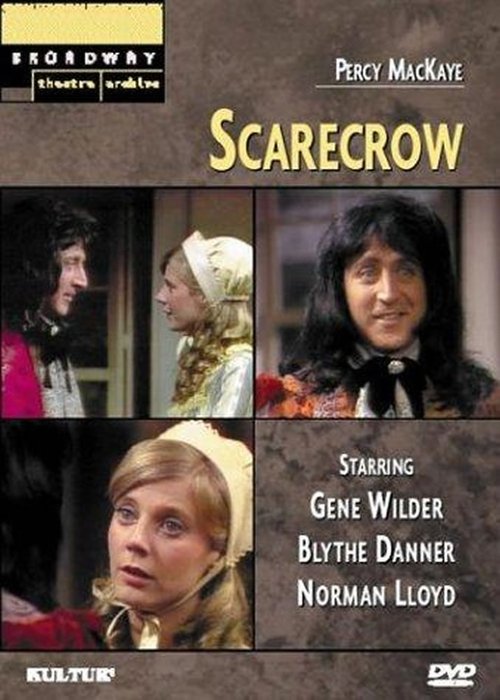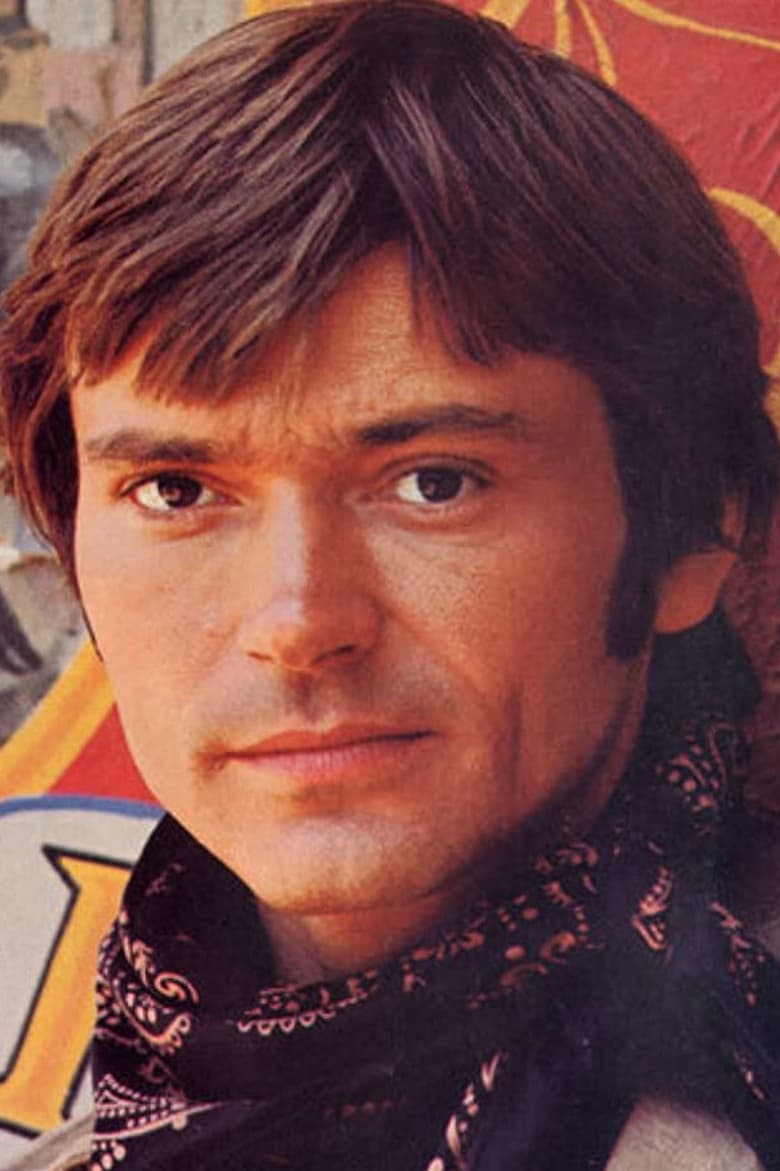
Pete Duel
Pete Duel (February 24, 1940 – December 31, 1971) was born in Rochester, New York, the eldest of three children born to Dr. Ellsworth and Lillian Deuel (née Ellstrom). He had a younger brother, Geoffrey, who also became an actor, and a sister, Pamela.
He attended Penfield High School, where he worked on the yearbook staff, campaigned for student government, and was a member of the National Thespians Society.
Moving to New York, Deuel landed a role in a touring production of the comedy Take Her, She's Mine. To find work in the movies, Deuel and his mother drove across the country to Hollywood, California in 1963, with only a tent to house them each night.
In Hollywood, he found work in television. Deuel was quickly offered the starring role of Dave Willis, a newlywed apprentice architect, in a romantic comedy called Love on a Rooftop. Although the show earned good ratings, ABC decided not to bring it back after its first season. Deuel wished to move from sitcoms to more serious roles. Around 1970, he also changed his name, dropping the "r" from Peter and the first "e" from "Deuel".
In 1970, Deuel was cast as the outlaw Hannibal Heyes, alias Joshua Smith, opposite Ben Murphy, in Alias Smith and Jones, a light-hearted western about the exploits of two outlaws trying to earn an amnesty. During the hiatus between the first and second seasons, he starred in the television production of Percy MacKaye’s 1908 play, The Scarecrow.
Deuel became involved in politics during the primaries for the 1968 presidential election, campaigning for Eugene McCarthy, in opposition to the Vietnam War. He attended the 1968 Democratic National Convention in Chicago and witnessed the violence that erupted.
In the early hours of December 31, 1971, Deuel died at his Hollywood Hills home of a self-inflicted gunshot wound to the head. Deuel's girlfriend, Dianne Ray, was at his home at the time of his death and discovered his body. Ray later told police the two had watched Deuel's series Alias Smith and Jones the previous evening. She later went to sleep in another room while Deuel stayed up. Sometime after midnight, Deuel entered the bedroom, retrieved his revolver and told Ray, "I'll see you later." Ray then said she heard a gunshot from another room and discovered Deuel's body.
According to police, Deuel's friends and family said he was depressed about his drinking problem. He had been arrested and pleaded guilty to a DUI accident that injured two people the previous June. Deuel's death was later ruled a suicide.
Deuel's funeral was held at the Self-Realization Fellowship Temple on January 2, 1972, in Pacific Palisades. At the service, Deuel's girlfriend read a poem he wrote, titled "Love". An estimated 1,000 friends and fans attended. His body was flown to Penfield, New York, where he was buried in Oakwood Cemetery.
After his death, his role in Alias Smith and Jones was taken over by Roger Davis who was previously the narrator over the opening theme of the show. The loss of Deuel proved too great for the series to be sustained; fans were slow to accept Davis, who looked too much like fellow actor Ben Murphy, and the series was cancelled in 1973.
